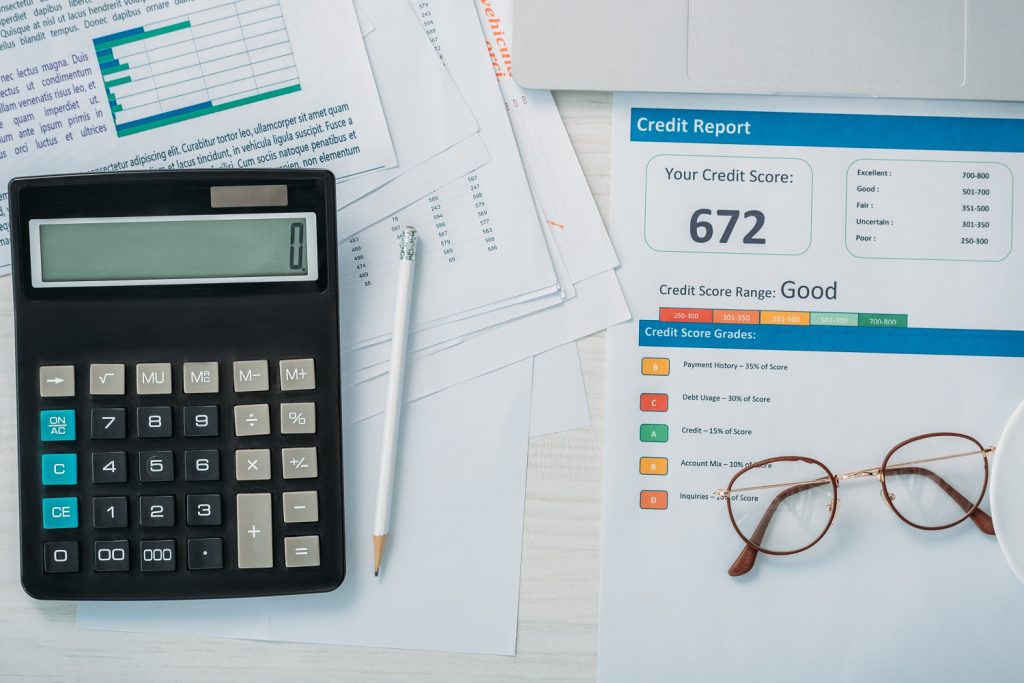In today’s world, having a good credit rating is essential for many aspects of life. Whether you are looking to finance a car, apply for a loan, rent an apartment or even apply for a job, a good credit rating can make a big difference. But what is a credit rating and how do you go about improving it?
In this guide, we will explore credit rating essentials that everyone should know to help you better understand the process and take the steps needed to improve your credit rating.
What Is a Credit Rating?
A credit rating is a measure of your financial responsibility and creditworthiness, used by lenders to determine whether or not to approve your loan application. It’s based on a variety of factors, including your payment history, the amount of debt you have, the length of your credit history, and the types of credit accounts you have. The higher your credit rating, the more likely you are to be approved for a loan, and the better the terms you can get.
The most widely used credit rating system is the FICO score, developed by Fair Isaac Corporation. This score ranges from 300 to 850, with higher numbers indicating better creditworthiness. A score of 700 or above is considered to be good credit.
How Do Credit Scores Affect Your Life?
Your credit score affects many aspects of your life, from the interest rates you’re offered on loans to the possibility of being approved for a job. A good credit rating can open up opportunities that would otherwise be unavailable to you. For example, if you have a good credit score, you may qualify for a lower interest rate on a loan, and may even be able to obtain financing for a car or house. You may also be eligible for better terms on credit cards or other types of financing.
On the other hand, a low credit score can make it difficult to get approved for loans and other forms of financing. It can also cause you to pay higher interest rates, which can quickly add up. In addition, some employers may use your credit score as a factor in their hiring decisions.
What Factors Affect Your Credit Score?
Your credit score is based on a variety of factors, including your payment history, the amount of debt you have, the length of your credit history, and the types of credit accounts you have.
Payment History
Your payment history is one of the most important factors in determining your credit score. It’s important to make your payments on time and in full. If you’re late on payments, or if you’ve defaulted on a loan, your credit score will suffer.
Amount of Debt
The amount of debt you have is also a factor in determining your credit score. Your credit utilization ratio, which is the amount of credit you’re using compared to the amount of credit available to you, is also taken into account. Generally, it’s best to keep your total debt level low and to make sure your credit utilization ratio is below 30%.
Length of Credit History
The longer your credit history, the better your credit score will be. This is because lenders want to see that you’re capable of managing your finances over a long period of time.
Types of Accounts
The types of accounts you have can also affect your credit score. Having a variety of accounts, such as credit cards, loans and lines of credit, can help to improve your credit score.
How Do You Improve Your Credit Score?
There are a few steps you can take to improve your credit score.
1. Pay Your Bills on Time
The most important step you can take to improve your credit score is to make sure you pay your bills on time. Missing payments or making late payments can have a significant impact on your credit score.
2. Reduce Your Debt
Another important step is to reduce your debt. Paying down your debt, either by making larger payments or by transferring your debt to a lower interest rate card, can help to improve your credit score.
3. Monitor Your Credit Report
Monitoring your credit report regularly is essential to improving your credit score. You can get a free copy of your credit report from each of the three major credit reporting bureaus (Experian, TransUnion, and Equifax) once a year. It’s important to check your credit report for any errors or signs of fraud, and to contact the credit bureau if you notice anything out of the ordinary.
4. Avoid New Credit
Finally, it’s important to avoid taking on new debt. Opening too many new accounts in a short period of time can have a negative impact on your credit score. If you do need to take out a loan, try to shop around for the best terms and make sure you can afford the payments before you sign the loan agreement.
Final Thoughts
Having a good credit rating can open up many opportunities that would otherwise be unavailable to you. That’s why it’s important to understand the factors that make up your credit score and take the steps necessary to improve it. By following the steps outlined in this guide, you can get on your way to improving your credit rating and opening up new possibilities.





